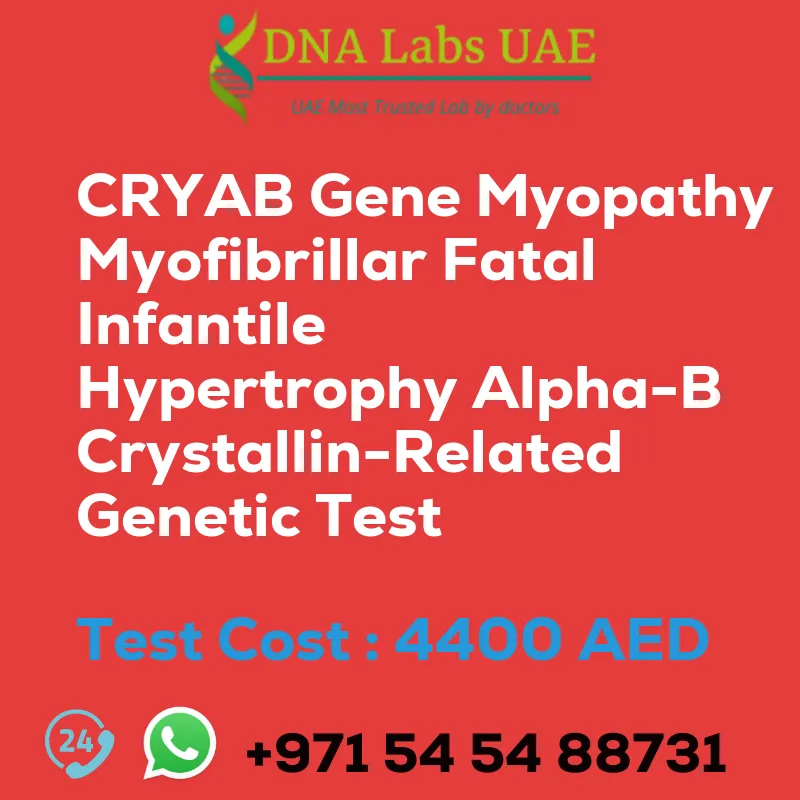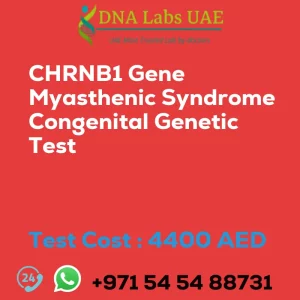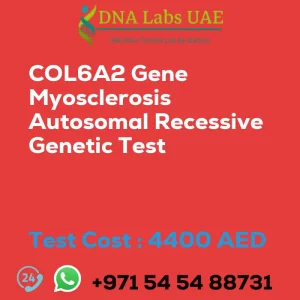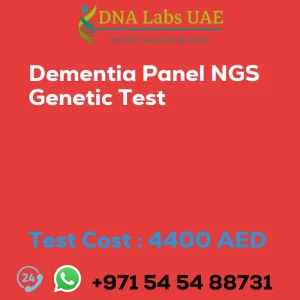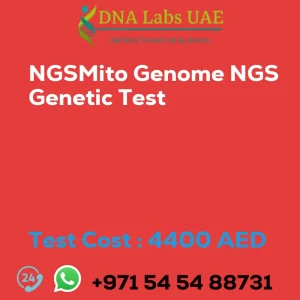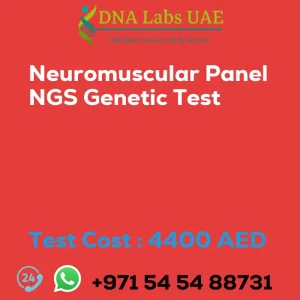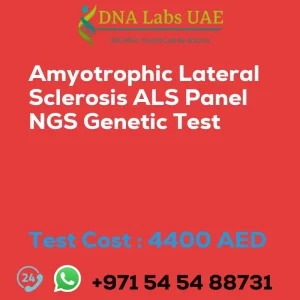CRYAB Gene Myopathy Myofibrillar Fatal Infantile Hypertrophy Alpha-B Crystallin-Related Genetic Test
Overview
The CRYAB gene encodes for the alpha-B crystallin protein, which is primarily expressed in the lens of the eye and in cardiac and skeletal muscles. Mutations in the CRYAB gene can lead to various myopathies, including myofibrillar myopathy and fatal infantile hypertrophic cardiomyopathy.
Myofibrillar Myopathy
Myofibrillar myopathy is a progressive muscle disorder characterized by the disintegration of the myofibrils, which are the basic units of muscle contraction. This condition can cause muscle weakness, wasting, and abnormal muscle fibers. Symptoms typically start in adulthood, but the severity and progression can vary widely.
Fatal Infantile Hypertrophic Cardiomyopathy
Fatal infantile hypertrophic cardiomyopathy is a severe form of heart muscle disease that affects infants. It is characterized by abnormal thickening of the heart muscle, leading to impaired heart function and potentially life-threatening complications. This condition typically presents within the first year of life and has a poor prognosis.
NGS Genetic Testing
NGS (Next-Generation Sequencing) genetic testing refers to a high-throughput sequencing method that allows for the simultaneous analysis of multiple genes or the entire genome. In the context of CRYAB gene myopathies, NGS genetic testing can be used to identify mutations or variants in the CRYAB gene that may be responsible for the observed clinical symptoms. NGS genetic testing can help with diagnosis, provide information about disease prognosis, guide treatment decisions, and offer valuable insights into the inheritance pattern of the condition.
Test Details
Test Name: CRYAB Gene Myopathy Myofibrillar Fatal Infantile Hypertrophy Alpha-B Crystallin-Related Genetic Test
Components: NGS Technology
Price: 4400.0 AED
Sample Condition: Blood or Extracted DNA or One drop Blood on FTA Card
Report Delivery: 3 to 4 Weeks
Test Type: Neurological Disorders
Doctor: Neurologist
Test Department: Genetics
Pre Test Information: Clinical History of Patient who is going for CRYAB Gene Myopathy, myofibrillar, fatal infantile hypertrophy, alpha-B crystallin-related NGS Genetic DNA Test. A Genetic Counselling session to draw a pedigree chart of family members affected with CRYAB Gene Myopathy, myofibrillar, fatal infantile hypertrophy, alpha-B crystallin-related.
It is important to consult with a healthcare professional or a genetic counselor to understand the implications of the test results and to discuss any available treatment options or management strategies.
| Test Name | CRYAB Gene Myopathy myofibrillar fatal infantile hypertrophy alpha-B crystallin-related Genetic Test |
|---|---|
| Components | |
| Price | 4400.0 AED |
| Sample Condition | Blood or Extracted DNA or One drop Blood on FTA Card o |
| Report Delivery | 3 to 4 Weeks |
| Method | NGS Technology |
| Test type | Neurological Disorders |
| Doctor | Neurologist |
| Test Department: | Genetics |
| Pre Test Information | Clinical History of Patient who is going for CRYAB Gene Myopathy, myofibrillar, fatal infantile hypertrophy, alpha-B crystallin-related NGS Genetic DNA Test A Genetic Counselling session to draw a pedigree chart of family members affected with CRYAB Gene Myopathy, myofibrillar, fatal infantile hypertrophy, alpha-B crystallin-related |
| Test Details |
The CRYAB gene encodes for the alpha-B crystallin protein, which is primarily expressed in the lens of the eye and in cardiac and skeletal muscles. Mutations in the CRYAB gene can lead to various myopathies, including myofibrillar myopathy and fatal infantile hypertrophic cardiomyopathy. Myofibrillar myopathy is a progressive muscle disorder characterized by the disintegration of the myofibrils, which are the basic units of muscle contraction. This condition can cause muscle weakness, wasting, and abnormal muscle fibers. Symptoms typically start in adulthood, but the severity and progression can vary widely. Fatal infantile hypertrophic cardiomyopathy is a severe form of heart muscle disease that affects infants. It is characterized by abnormal thickening of the heart muscle, leading to impaired heart function and potentially life-threatening complications. This condition typically presents within the first year of life and has a poor prognosis. NGS (Next-Generation Sequencing) genetic testing refers to a high-throughput sequencing method that allows for the simultaneous analysis of multiple genes or the entire genome. In the context of CRYAB gene myopathies, NGS genetic testing can be used to identify mutations or variants in the CRYAB gene that may be responsible for the observed clinical symptoms. NGS genetic testing can help with diagnosis, provide information about disease prognosis, guide treatment decisions, and offer valuable insights into the inheritance pattern of the condition. It is important to consult with a healthcare professional or a genetic counselor to understand the implications of the test results and to discuss any available treatment options or management strategies. |

